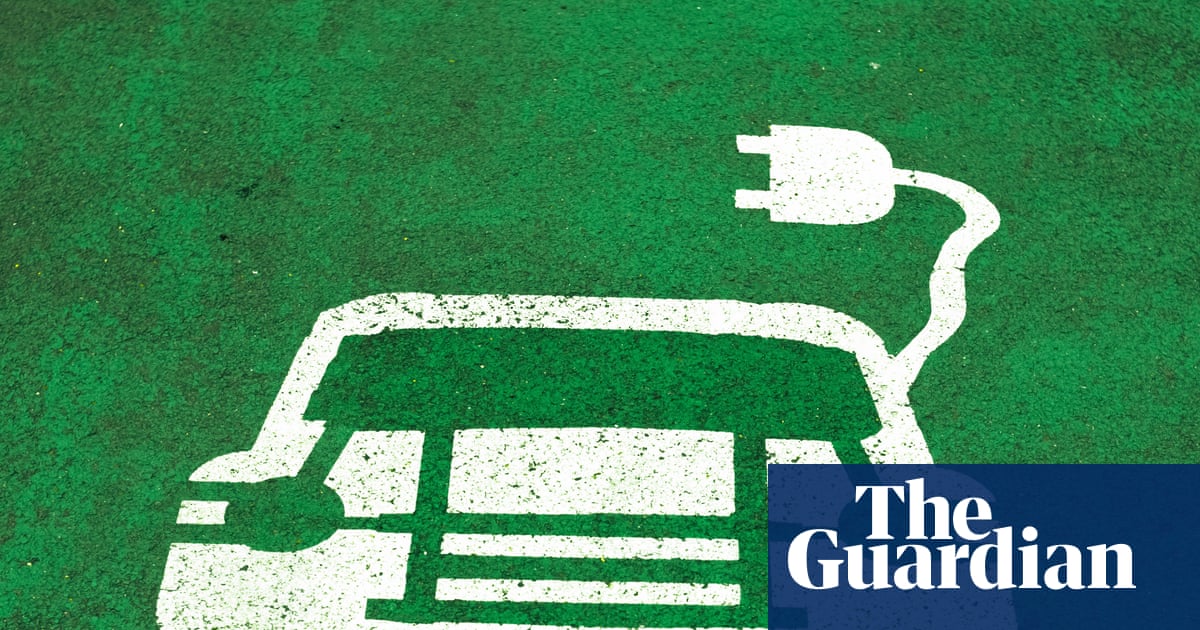
"A growing number of studies suggest that people experience more carsickness riding in electric vehicles (EVs) compared to traditional petrol or diesel cars. A 2024 study believes that regenerative braking technology where the motor converts the slowing car's kinetic energy into electricity that then is stored in the battery results in low-frequency deceleration, meaning that the vehicle slows down gradually and steadily, over a relatively longer period, rather than rapidly or in quick pulses."
"How does it compare to being in a petrol or diesel car? Have you found a way to prevent you feeling motion sick? Share your experience Tell us about your experience of travelling in EVs. Your responses, which can be anonymous, are secure as the form is encrypted and only the Guardian has access to your contributions. We will only use the data you provide us for the purpose of the feature"
Studies suggest people experience more carsickness in electric vehicles than in petrol or diesel cars. A 2024 study links regenerative braking, which converts a slowing car's kinetic energy into electricity stored in the battery, to low-frequency deceleration that slows the vehicle gradually over a longer period rather than in rapid pulses. Such low-frequency deceleration is associated with increased motion sickness. People are invited to share experiences of feeling carsick as passengers or drivers in EVs and to compare those experiences with petrol or diesel cars and describe prevention methods. Responses can be anonymous; the form is encrypted and only the Guardian has access. Personal data will be deleted when no longer required and SecureDrop is offered for true anonymity; help, terms of service, and privacy policy links are provided.
Read at www.theguardian.com
Unable to calculate read time
Collection
[
|
...
]